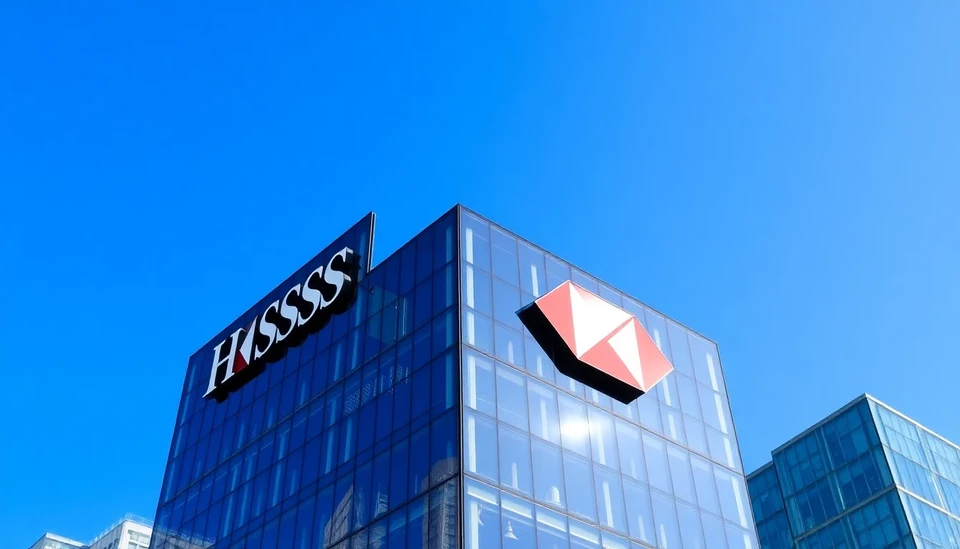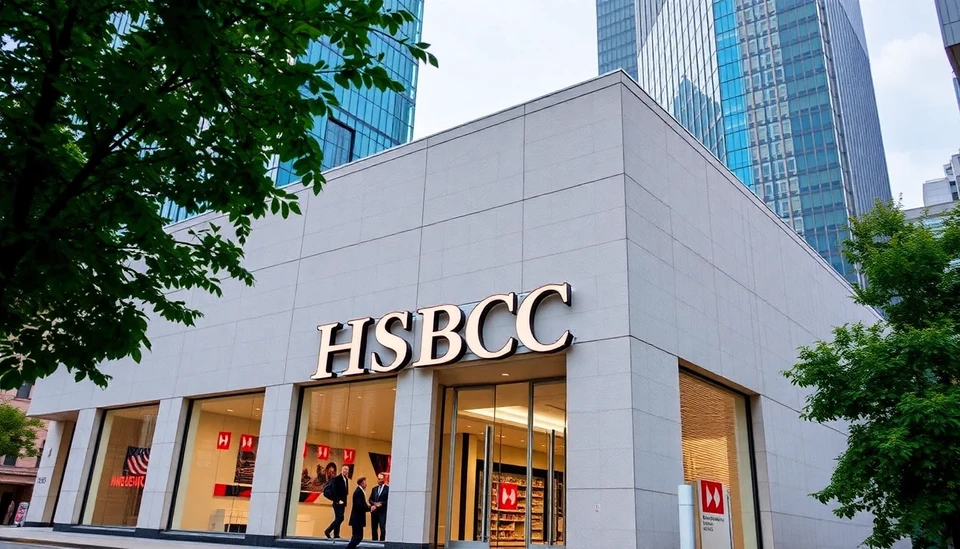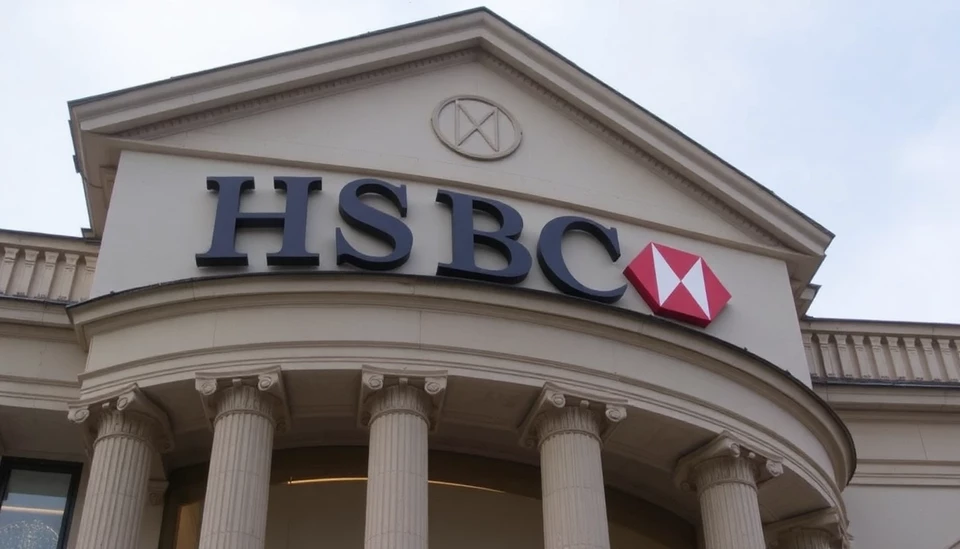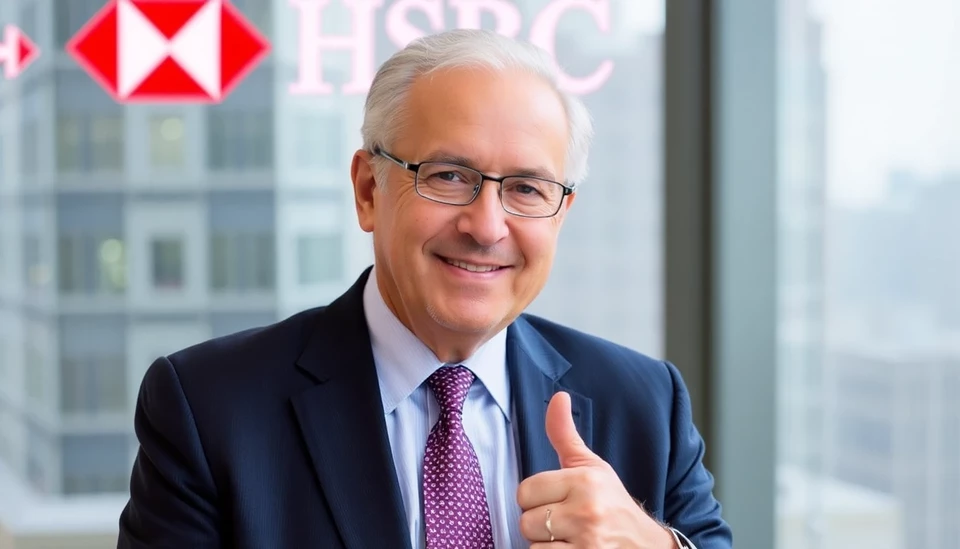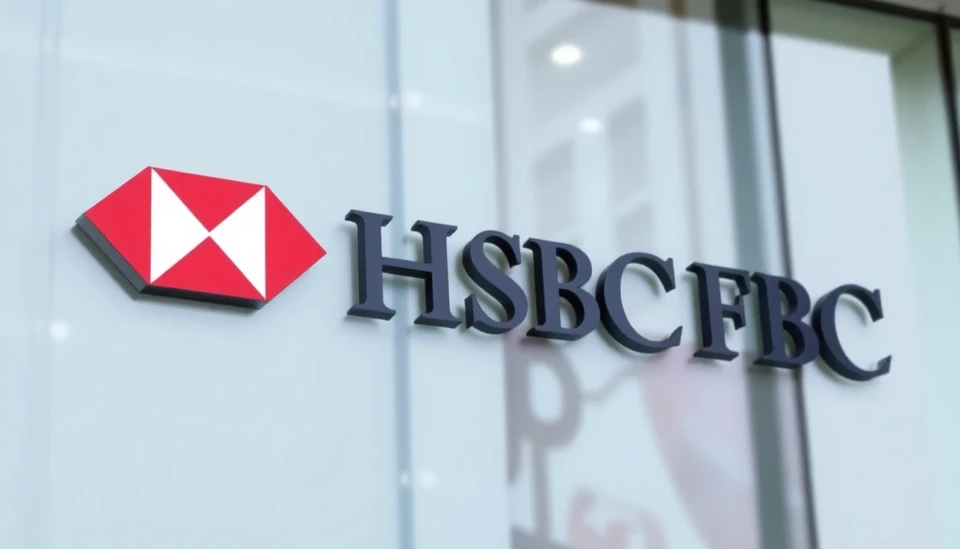
In a dramatic shift within the global financial landscape, HSBC's aspirations of establishing itself as a formidable competitor to Wall Street have officially come to an end. Once a robust plan to expand its investment banking division and challenge leading U.S. financial institutions, recent developments indicate that the bank is pulling back on its multi-year strategy that sought to elevate its profile in the highly competitive sector.
Initially, HSBC envisioned a future where it could rival the likes of Goldman Sachs and JPMorgan Chase. The London-based bank aimed to bolster its capital markets platform and diversify its service offerings to include more lucrative areas of investment banking. The strategic overhaul was set into motion with the hiring of top-tier talent from across the United States and a significant investment in technology and infrastructure meant to streamline operations and enhance client interactions.
However, economic headwinds and the current state of global markets have forced HSBC to reassess its trajectory. With increasing competition and the complexities surrounding market dynamics, the bank's ambitions appear increasingly unrealistic. High-profile departures at key levels within the investment banking division further exacerbate the challenges faced by the institution in its quest to establish itself among the elite banks on Wall Street.
In recent months, numerous factors have played a part in this reevaluation. Geopolitical uncertainties, fluctuations in interest rates, and concerns about potential recessions in major economies have all contributed to a cautious approach by financial institutions globally. HSBC, while previously adamant about its growth objectives, is now taking a step back to consolidate its core banking operations and refocus its efforts on delivering solid returns for its shareholders.
The bank's decision to scale back on its ambitions will have ramifications not just for its stakeholders but also for the broader landscape of investment banking. Fewer players attempting to make a significant impact could lead to reduced competition, ultimately affecting innovation and pricing structures within the industry. Analysts are now contemplating what HSBC's retraction means for the competitive balance within the sector and whether it opens doors for other banks to seize opportunities left by the company's exit from its ambitious goals.
In conclusion, HSBC's journey to become a contender on Wall Street appears to have reached an inconclusive end. In light of prevailing economic conditions and strategic miscalculations, the bank is choosing to regroup, refocus, and reinforce its traditional banking services rather than chase aggressive growth in investment banking. As an iconic player in the global financial sphere, HSBC's shift may not only reflect its individual circumstances but also symbolize broader challenges faced across the industry.
#HSBC #HSBCbank #investmentbanking #WallStreet #financialnews #economicchallenges
Author: John Harris
